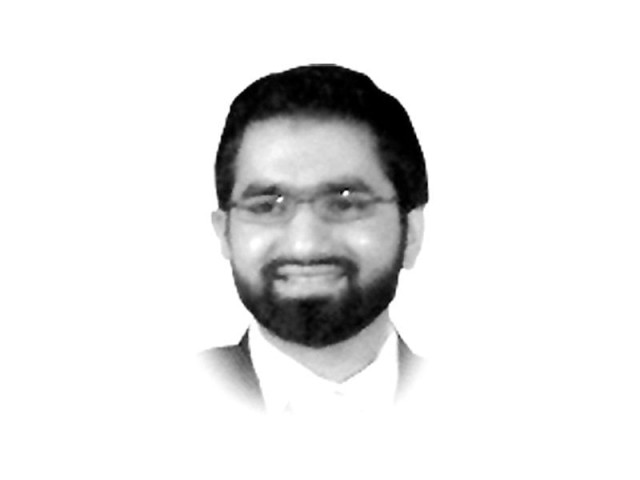Health insurance in K-P: Pakistan’s silent revolution
Aroubd 40 million people will receive free healthcare of up to Rs1 million every year in more than 400 hospitals

Imagine your son getting cancer and having to choose between paying for his treatment and selling your house. This isn’t a hypothetical situation. This is a reality for millions in Pakistan, who must choose between treatment for a sudden, serious illness and their limited assets. “An old man from our village, whose daughter needed a liver transplant to save her life, came to me for help a few years ago,” shares Taimur Jhagra, Finance and Health Minister in Khyber-Pakhtunkhwa. “He needed four million rupees and I still remember the look in his eyes.”
Today, partly inspired by this story, every K-P citizen has been automatically enrolled into universal health insurance, simply based on having a K-P address on their NADRA card. Forty million people will receive free healthcare of up to Rs1 million every year in more than 400 hospitals — both public and private. Moreover, the demand created by this health coverage will spur investment by the private sector into health in K-P and will lift the quality of healthcare throughout the province, without the government having to foot the bill for building and running new hospitals.
So, here we have it, a little, war-torn province in Pakistan has delivered universal healthcare insurance before many rich and developed countries could achieve the same status. Even in the most powerful country in the world, the United States of America, the government refuses to foot the bill for universal healthcare insurance. K-P is the first province in the country to provide universal health coverage for its residents, with Imran Khan saying that Punjab and Balochistan will follow — something which will automatically put pressure on Sindh to lift its game. This is a governance race to the top and it’s a beautiful thing for Pakistan. A revolutionary rewriting of the lopsided social contract between the Pakistani state and society.
Pakistani politics, much like Pakistani activism, is often performative. Motorways and metros are visible manifestations that beautifully cover up both acts of omission and commission, while serving as effective talking points ahead of the elections. Healthcare, meanwhile, is an invisible investment in human beings. “Was the decision to prioritise this painful from a financial point of view for the province?” I asked Mr Jhagra. “This is about three per cent of our budget,” he replied. “The painful part isn’t financial but the idea that if we can do big things like this so quickly, why haven’t we done big things like this before as a country.”
The answer to this question has a lot to do with how the media covers governance in Pakistan and generates political capital and rewards. For example, virtually no major prime time TV show or newspaper columnist has done a deep dive into the revolutionary turning point that Pakistan is crossing with this universal health insurance. Instead, they’re stuck playing the same bad Bollywood movie, that is Pakistani politics, on repeat. The same characters, the same plots, and the same narratives of musical chairs. This is the moral equivalent of a war crime because it robs the Pakistani people of the ability to make informed voting choices based on actual governance delivery.
I joked with Mr Jhagra that people from Karachi and Lahore would now migrate to K-P to get better healthcare, but this is the question that our mainstream media should now be asking leaders in Punjab, Sindh and Balochistan. If K-P can do it, why can’t we? Why can’t our mainstream media nurture a culture of rewarding good performance so that political parties can realise that political capital can be gained by performing rather than only taking pot shots at the opposition or opposing the boys? There is a third way possible to nurture democracy and that is to create a culture of rewarding performance at the ballot box. It’s slow, it’s unsexy but it’s a non-violent way to change our system for the better.
Just like the Ramazan moon appears in K-P a day before the rest of the country, Naya Pakistan’s promised tabdeeli appears visible in K-P first. It’s not just universal health insurance, the successful billion tree tsunami is another example. Why is the mainstream media snoozing through these genuine revolutions?
Published in The Express Tribune, February 21st, 2021.
Like Opinion & Editorial on Facebook, follow @ETOpEd on Twitter to receive all updates on all our daily pieces.















COMMENTS
Comments are moderated and generally will be posted if they are on-topic and not abusive.
For more information, please see our Comments FAQ